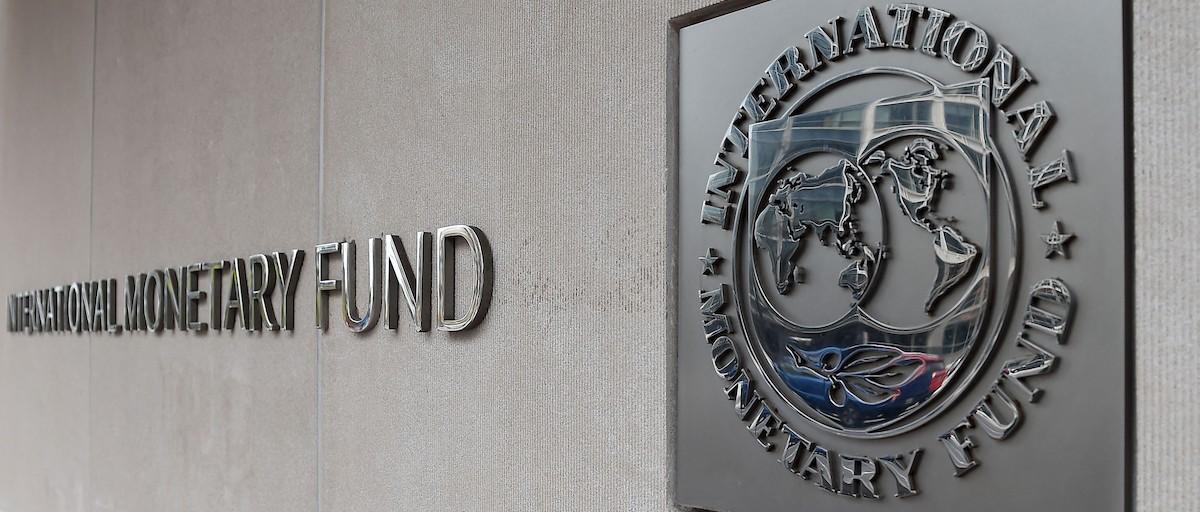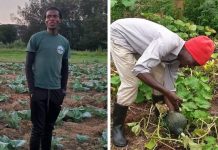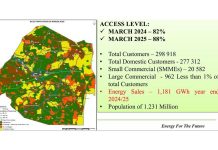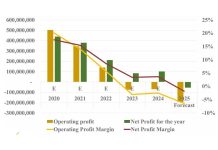Africa-Press – Eswatini. The International Monetary Fund (IMF) said Africa’s priorities are to balance inflation with economic growth, deal with the impact of the war in Ukraine without further indebtedness and manage exchange rates.
“Three immediate priorities for a perspective of conditioned and increasingly complex economic evolution must be adopted by African countries”, reads the report on the Regional Economic Perspectives for Africa, released Thursday in Washington, in the final stretch of the Meetings of the Spring of the IMF and the World Bank, in which it warns of multiple shocks and little response capacity of the States.
“In addition to accelerating the vaccination campaign to protect the region from new waves of the Covid-19 pandemic, policy makers face three priorities: balancing inflation with growth, dealing with the economic impact of the war in Ukraine, without increasing debt vulnerability, and manage the adjustment of exchange rates”, points out the report, which gives an account of several difficulties in the recovery of African economies.
Last year, the economic recovery was more robust than expected and the IMF updated the region’s growth forecast from 3.7% to 4.5%, but for 2022, the estimate has dropped to 3.8%.
“This pace of growth, however, is not enough to compensate for the ground lost due to the pandemic and makes the Sustainable Development Goals significantly more difficult. The pandemic has also left deep social scars, illustrated by the increase in people living in poverty. extreme”, writes the IMF report on Africa.
“Russia’s invasion of Ukraine has unleashed a global economic shock that is hitting the region, at a time when the fiscal space to respond was minimal or non-existent,” says the IMF, noting specifically that “the rapid rise in food prices it is hurting the budget balance of raw material importing countries and has raised concerns about food security in many of them”.
Looking ahead, the IMF paints a difficult picture, warning of “exceptional uncertainty in political and economic developments” and warns that “there are fewer policy options and very little room for error” on the part of policy makers when outlining their crisis-fighting and economic recovery strategies.
In addition to immediate needs, most African countries will need fiscal consolidation to reduce debt vulnerability, whose average is expected to fall from 61.3% of GDP in 2021 to 57.9% of GDP this year.
“Navigating this complex path will be difficult and many countries will need international support”, says the IMF, noting that the Fund has already allocated US$23 billion to the region in Special Drawing Rights (SDR) and has helped to strengthen the position financial and immediate liquidity needs at the most critical time of the pandemic.
Despite this, more is needed, say IMF technicians: “The G20 promised to channel 100 billion dollars from SDRs and this is an important step. But the international community must go further, for example, removing obstacles to implementation of the Common Debt Treatment Framework in addition to the Debt Service Suspension Initiative (DSSI) and enabling quick and efficient debt restructurings where needed”.
For More News And Analysis About Eswatini Follow Africa-Press







